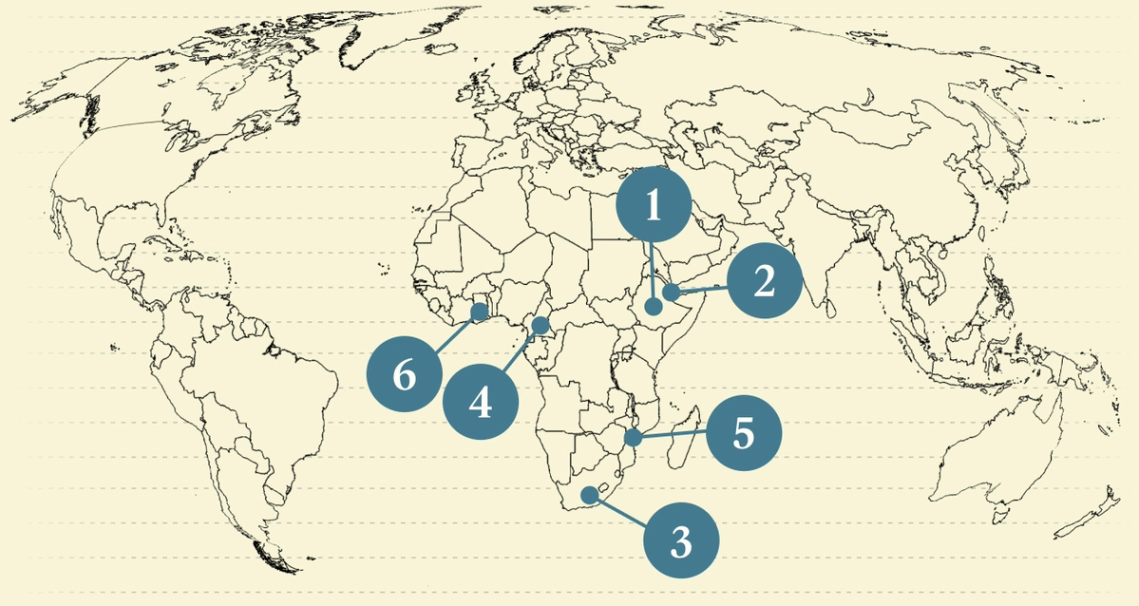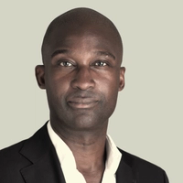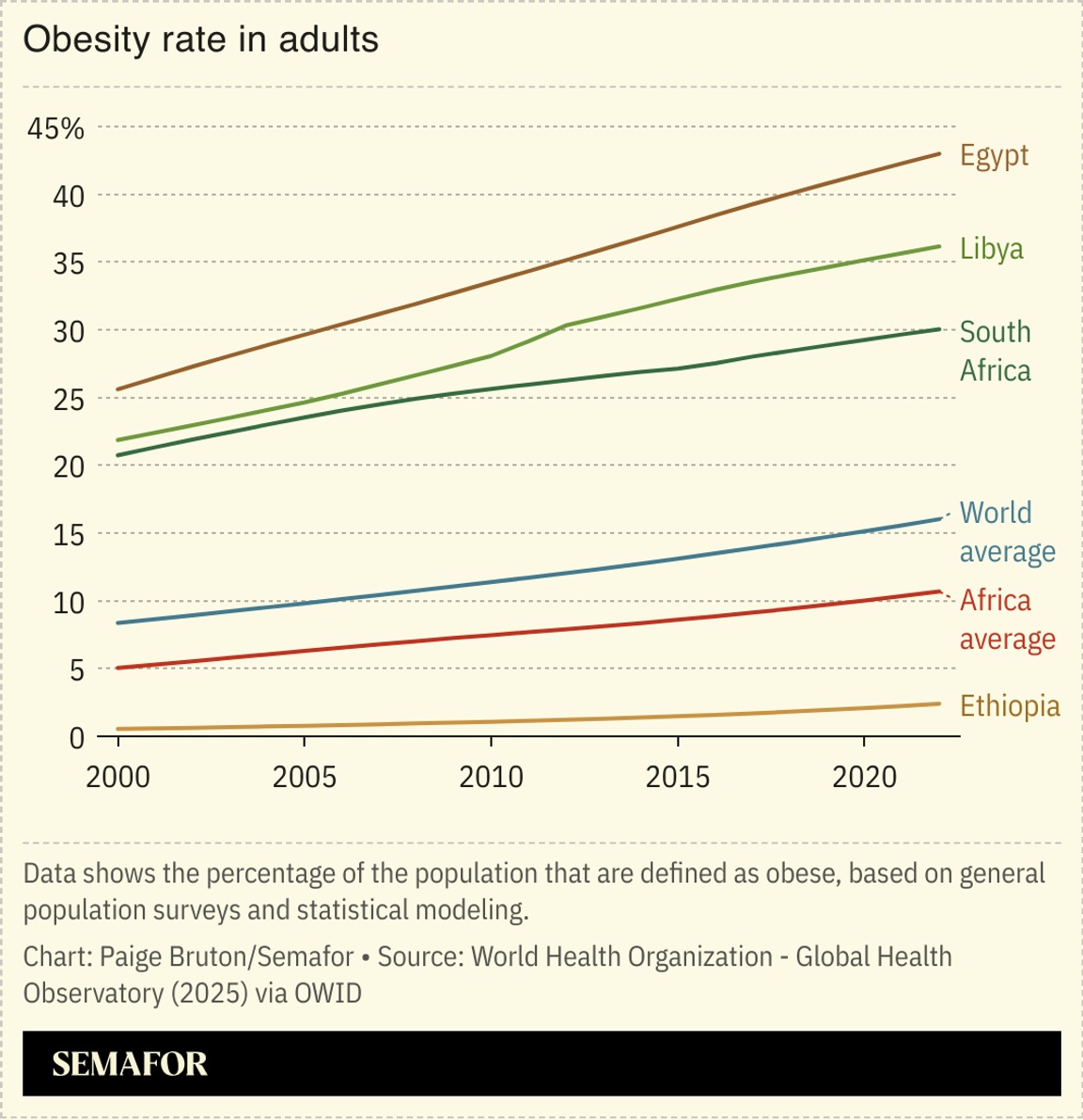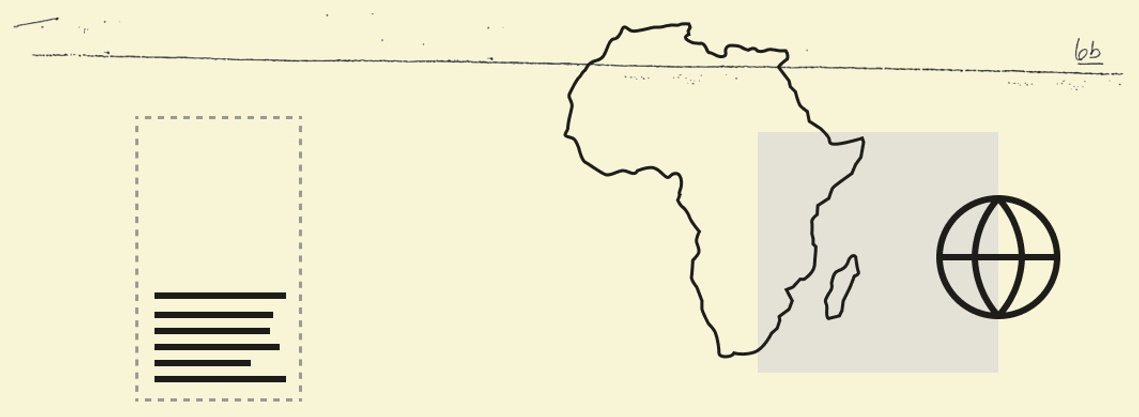| | In this edition: Safaricom’s Ethiopia expansion plans, push for Somaliland grows, Wegovy debuts in A͏ ͏ ͏ ͏ ͏ ͏ |
| |   Addis Ababa Addis Ababa |   Cape Town Cape Town |   Maputo Maputo |
 | Africa |  |
| |
|
 - Safaricom’s Ethiopia plans
- Somaliland push grows
- Wegovy debuts in Africa
- Nedbank sells Ecobank stakes
- Funding green infrastructure
- Improving African education
 A look at the week ahead, and Timbuktu’s manuscripts return home. |
|
Safaricom eyes Ethiopia growth |
| |  | Alexis Akwagyiram |
| |
 Donwilson Odhiambo/SOPA Images/LightRocket via Getty Images Donwilson Odhiambo/SOPA Images/LightRocket via Getty ImagesEast African telecoms giant Safaricom is targeting a seven-fold increase in its subscribers in Ethiopia in five years, driven by the move to digital payments in Africa’s second-most populous country, the company’s chief technology officer told Semafor. Following the privatization of state-owned Ethio Telecom, Safaricom — whose M-Pesa mobile money platform is widely used in Kenya — won Ethiopia’s first private telecoms license in 2021 and launched in the country the following year. Safaricom now has 10 million subscribers in Ethiopia and expects rapid growth in the nation of 120 million people, said Chief Technology Officer James Maitai. “In the next five years we should be able to talk of over 70 million subscribers, because it’s a big country,” said Maitai. “Cash is over 95% cash usage which means there is a huge opportunity to offer M-Pesa for payment and other financial services.” |
|
 Mountains in Somalia’s breakaway region of Somaliland. Eric Laffourgue/Art in All of US/Corbis via Getty. Mountains in Somalia’s breakaway region of Somaliland. Eric Laffourgue/Art in All of US/Corbis via Getty.Calls for the United States to recognize Somaliland as an independent nation gathered steam, especially after US Senator Ted Cruz on Thursday called on President Donald Trump to do so. Cruz, who chairs the Senate Foreign Relations Subcommittee on Africa, said in a letter to the White House that Somaliland had become a “critical security and diplomatic partner” to the US with its strategically located maritime corridors in the Gulf of Aden. Somaliland broke away from Somalia and declared independence in 1991. Cruz’s letter comes after Trump recently said his administration was “looking into” the question of recognition for Somaliland, adding, “we’re working on that right now,” remarks that some Somalilanders took as a positive step. However a person close to the US State Department, who spoke to Semafor on condition of anonymity, said there has been no change in the US policy on Somalia, though it is set for review. — Yinka Adegoke |
|
Wegovy launches in South Africa |
 Danish drugmaker Novo Nordisk launched its weight-loss drug Wegovy in South Africa last week, marking its Africa debut and ramping up competition with rival Eli Lilly as it looks to expand its global reach. Eli Lilly launched its drug, Mounjaro, in the country eight months earlier, though solely for patients with diabetes. “One in two adults right now in South Africa is living with excess weight or obesity,” said Sara Norcross, general manager of Novo Nordisk South Africa, Reuters reported. That number is set to expand, with women — who face more biological risk factors, like menopause — particularly vulnerable. One recent study by the World Obesity Atlas forecasted that 45% of women in Africa will be overweight or obese by 2030. However, access to weight-loss drugs remains a barrier: Mounjaro is priced at around 3,400 rand ($194) for four vials — a one-month supply — of its lowest dose. Wegovy’s pricing will be announced later this week, Novo Nordisk said. The drug maker is eyeing further expansion, saying it plans to launch in Egypt soon. |
|
Nedbank sells Ecobank stake |
 Sia Kambou/AFP via Getty Images Sia Kambou/AFP via Getty ImagesSouth African banking group Nedbank sold its 21.2% stake in Ecobank for $100 million to Bosquet Investments, a firm belonging to Cameroonian businessman Alain Nkontchou, in a move aimed at focusing on its strongest customer base in southern and eastern Africa. Ecobank operates in 35 countries across west, central, east, and southern Africa, with its headquarters in Togo. It is a smaller bank by assets compared to Nedbank, but boasts a wide footprint of branches and agent networks that makes it one of Africa’s most recognizable financial institutions. It reported a 23% year-on-year increase in profit before tax to $398 million for the first six months of this year. The deal ramps up Nkontchou’s ownership in Ecobank by adding to the 2.86% he already held through the asset management firm Enko Capital that he co-owns with his brother Cyrille Nkontchou. |
|
AfDB commits to green infrastructure fund |
 The amount the African Development Bank group committed to a fund aimed at developing green infrastructure projects across Africa. The AfDB’s contribution to the Alliance for Green Infrastructure in Africa - Project Development Fund is a combination of $20 million in grants, $10 million in commercial equity, and another $10 million in equity from a sustainability fund the bank operates. The AfDB’s capital helped bring the green fund to a first close of $118 million. The green infrastructure fund was announced in 2022 at the COP27 climate change conference in Egypt. Its architects plan to eventually raise $400 million to invest in energy, transport, and digitalization projects that will drive a net-zero transition in Africa. Germany’s development financier KfW will provide $30 million, while other backers include the West African Development Bank, the UK’s Foreign, Commonwealth & Development Office, and the Soros Economic Development Fund. |
|
Africa needs more than skills training |
 Africa must stop pushing youth training programs and instead favor a truly transformative education system, the president of the Africa-America Institute argues in a column for Semafor. “As long as we chase the latest skills fad, true sovereignty and collective prosperity will remain elusive,” writes Felicia Appenteng, saying the focus on specific skills training over the last few decades has come at “the expense of a holistic, values-driven approach to education.” She points to the artificial intelligence-driven transformations taking place in workplaces that can quickly make certain skills redundant, using the flurry of coding camps in recent years as an example. Appenteng instead makes the case for a liberatory education that produces the kind of leaders and workforce that spark systemic change. |
|
 - Aug. 18: South African bank Absa publishes financial results for the first half of 2025.
- Aug. 20: South Africa publishes its Consumer Price Index data for July.
- Aug. 20-22: The 9th edition of the Tokyo International Conference on African Development (TICAD) takes place in Yokohama.
- Aug. 21: The UN Trade and Development agency hosts African investment stakeholders to launch its World Investment Report 2025 for the region.
|
|
 Business & Macro |
|
|